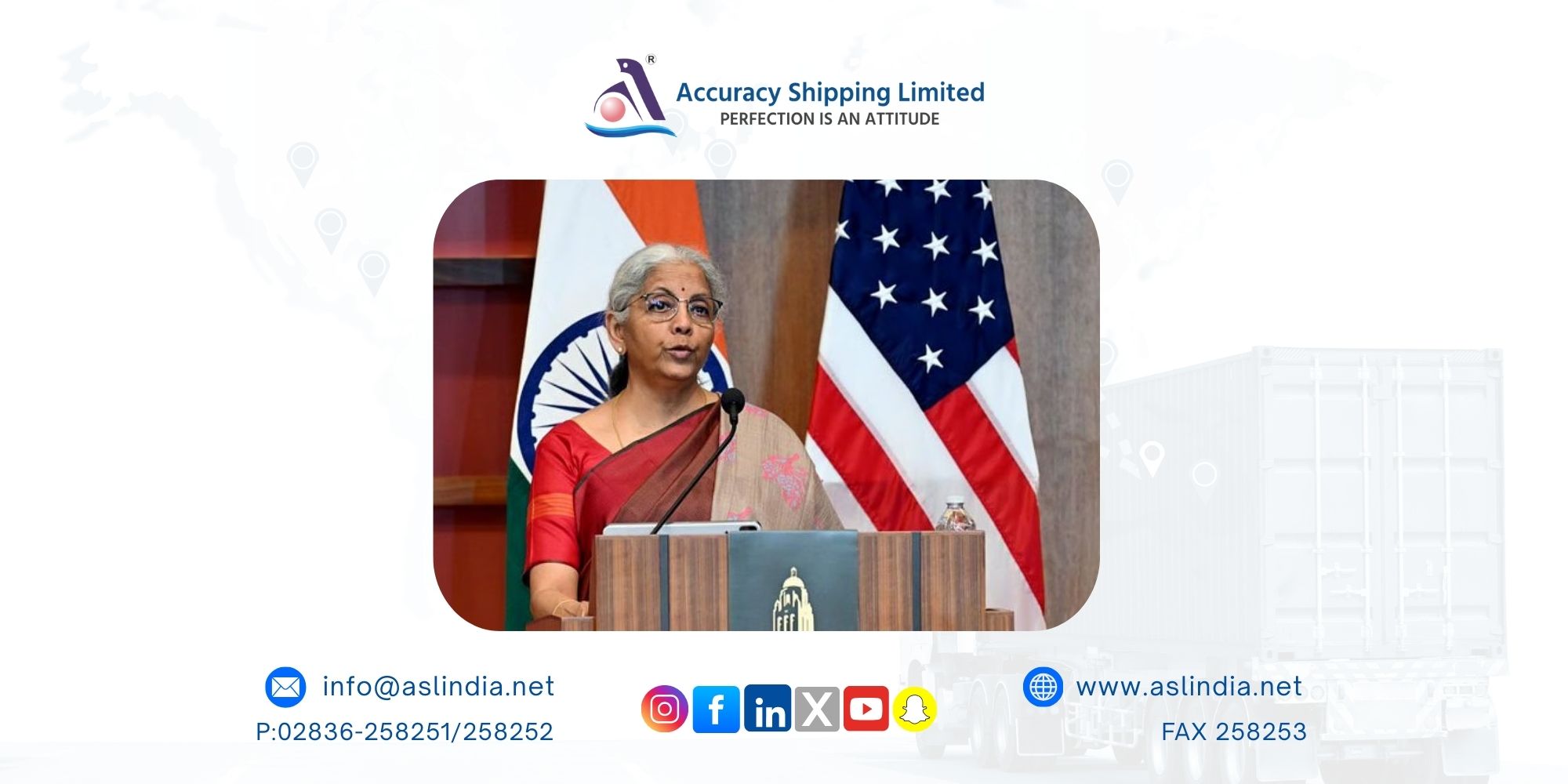Suryakumar Yadav wanted to go backside when Pakistan's Salman Agha…: The real story behind handshake saga in Asia Cup

The Asia Cup has never been just about cricket. Whenever India and Pakistan share the same stage, even the smallest gestures are magnified, interpreted, and debated far beyond the boundary ropes. This time, it wasn’t a boundary or a wicket that caught the eye but a simple handshake between India’s Suryakumar Yadav and Pakistan’s Salman Ali Agha during the captains' press conference.
The Build-Up to the Press Conference
The event, attended by captains of all participating nations, carried its usual sense of anticipation. With limited bilateral cricket between India and Pakistan, such occasions take on added weight. Journalists from across the subcontinent poured into the room, eager to capture every detail.
Sports journalist Ruturaj Borkakoty, present at the venue, described the scene: “A big number of journalists arrived, mostly from India. Very few from Pakistan, many more from Bangladesh than from Pakistan, very few from Sri Lanka as well.” The media frenzy highlighted not just cricketing excitement but the diplomatic undercurrents surrounding the tournament.
What Really Happened
As the press conference ended, the captains began leaving the stage. It was at this moment that Salman Agha reached out to shake Suryakumar Yadav’s hand. Interestingly, Suryakumar wasn’t even moving toward him he was trying to make his way to the backside of the conference room.
The handshake was brief, cordial, and routine. Yet, once the clips made their way to social media, speculation exploded. Was this soft diplomacy at play? Was there tension in the exchange? Fans and media alike began weaving narratives around what was, in reality, a fleeting moment of basic sportsmanship.
Borkakoty, having seen it firsthand, offered clarity: “I saw a very cordial press conference, actually. I really don’t think we should make too much out of it because it was a very brief moment after the press conference was over. Surya was trying to get to the backside of the room when Salman Agha shook his hands.”
The Social Media Frenzy
Short videos of the handshake spread quickly online, sparking reactions ranging from excitement to conspiracy theories. But as Borkakoty pointed out, there was no deep conversation or symbolic gesture just a standard handshake expected between professional athletes.
“It was a very cordial, very brief, fleeting moment. They were not exchanging much. I don’t think they really had a nice chat that captains normally do at such events,” he explained.
Sportsmanship Above Politics
Given the strained political backdrop between India and Pakistan, even the simplest interactions often get amplified. But this incident reinforces the professionalism of cricketers representing their nations.
“No matter what the situation is between the two countries, you are playing an international event. If you’re attending a press conference, you have to be at your best while representing your country,” Borkakoty stressed.
In the end, the handshake was just that a handshake. A small act of respect in the spirit of the game, not a grand gesture of diplomacy or hidden tension.
Conclusion
The Asia Cup thrives on its rivalries, and India versus Pakistan is always the headline act. But sometimes, as this handshake saga shows, the stories that dominate the news cycle are born not out of cricketing heroics, but out of ordinary moments magnified by extraordinary context. For Suryakumar Yadav and Salman Ali Agha, it was simply two captains crossing paths. For the rest of us, it was a reminder of how deeply cricket and politics intertwine in South Asia.







